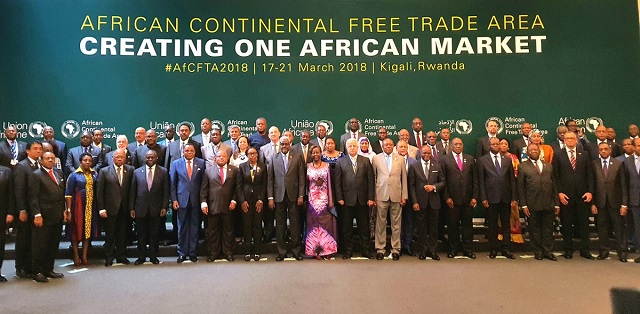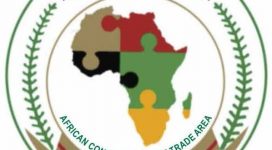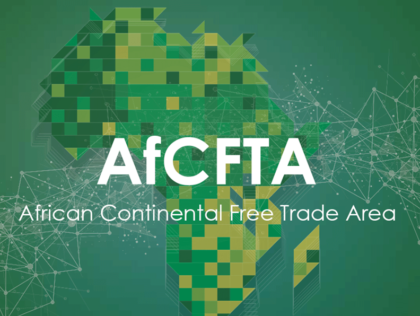Title: EPAs Rules of Origin and the AfCFTA: Implications for the Dairy Sector in Africa Introduction
Fifteen (15) Africa governments have signed, ratified and are in the process of implementing Economic Partnership Agreements (EPAs) with the European Union. All these agreements either as a regional bloc or with single countries and their rules of origin have implications for the implementation of Africa’s Continental Free Trade Area (AfCFTA) especially in the agro-food sector.
a. The Challenge Posed by the Rules of Origin in the EPAs to the AfCFTA
The aim of rules of origin is to prevent countries which are not a party to the agreement from benefitting from the tariff preferences granted, simply by routing exports through a party to the agreement with minimal local processing taking place prior to re-export. Rules of origin therefore define:
i. where agricultural inputs used in a final value added agro-food product need to have been produced in one of the parties to the agreement in order for the final product to be granted tariff preferences under a trade agreement;
ii. the nature of the processing activities which have to be undertaken in order to bestow on non-originating inputs ‘originating’ status for the purpose of granting tariff preferences under a trade agreement.
In the context of the design and implementation of the AfCFTA and the different tariff liberalisation commitments which have been made to the EU by African governments this is particularly important in light of:



